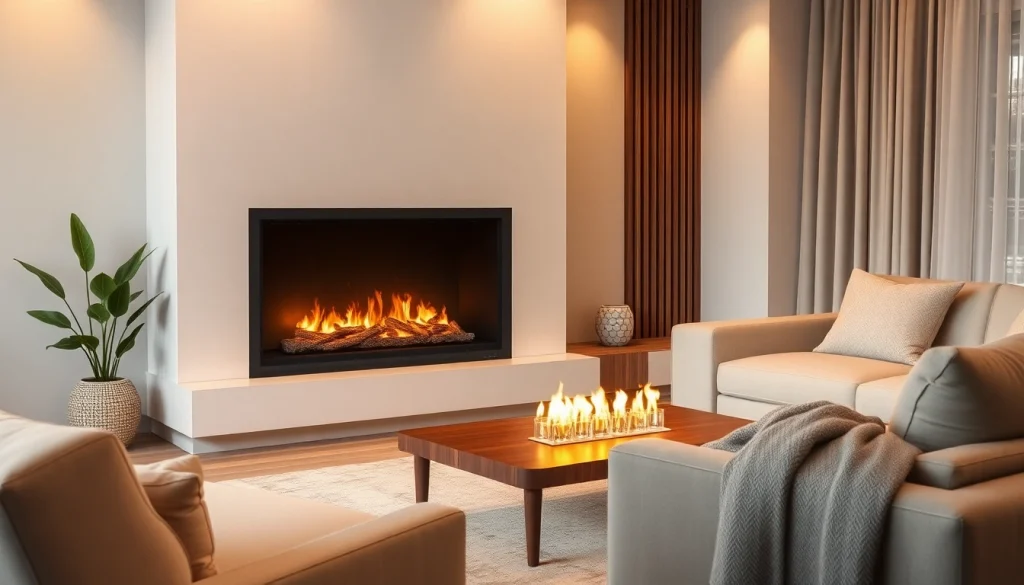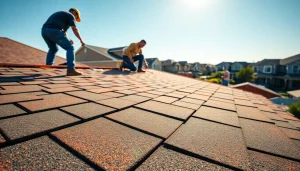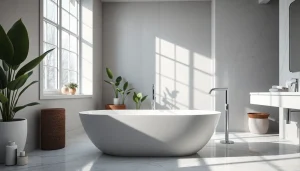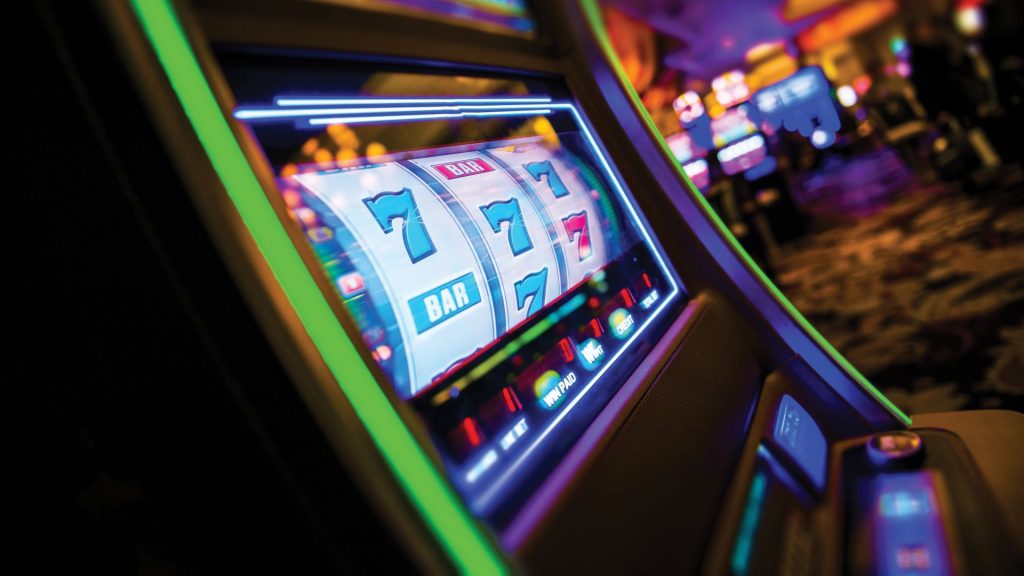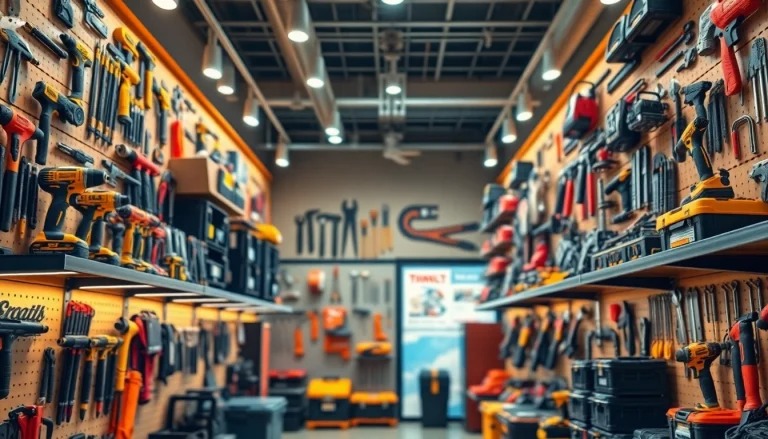Understanding Water Vapor Fireplaces
What is a Water Vapor Fireplace?
A water vapor fireplace is a modern heating solution that utilizes ultrasonic technology to create a stunning visual effect resembling flames. Unlike traditional fireplaces, which rely on combustion to produce heat and light, water vapor fireplaces generate an illusion of fire through the use of fine water mist and LED lighting. The mist is created when water is vaporized by ultrasonic transducers, producing a realistic flame effect that is not only captivating but also safe, as it does not emit harmful emissions.
How They Differ from Traditional Fireplaces
Traditional fireplaces typically utilize wood, gas, or other combustible fuels to ignite a real flame, producing heat and smoke. In contrast, water vapor fireplaces operate on electricity and are designed primarily for aesthetic purposes rather than heating a room. They can be placed virtually anywhere in the home without requiring a chimney or flue, making them a versatile addition to any space. Another significant difference lies in their function: while traditional fireplaces provide warmth, water vapor fireplaces create a cozy ambiance without generating substantial heat.
Key Benefits of Water Vapor Technology
- Safety: Since there is no real flame or intense heat, water vapor fireplaces are safe for homes with children and pets.
- Minimal Maintenance: These units require significantly less maintenance than traditional fireplaces, which need regular cleaning of soot and ashes.
- Versatility: Water vapor fireplaces can be installed in varied locations, including apartments and spaces where traditional fireplaces are impractical.
- Energy Efficiency: They use electricity and do not consume large amounts of fuel, providing an environmentally-friendly alternative.
- Aesthetic Appeal: The realistic flame effect can enhance any interior decor, offering ambiance without compromising safety.
Installation and Requirements
Essential Installation Steps
Installing a water vapor fireplace is relatively straightforward compared to traditional heating systems. Here are the general steps for installation:
- Select a Location: Choose an appropriate location that allows for the connection of both electrical power and a water supply.
- Prepare Electrical Connections: Ensure that the site has a compatible electrical outlet to power the fireplace.
- Water Supply Setup: Connect the unit to a water supply, which may involve installation of plumbing components if not using a standalone reservoir.
- Mounting the Unit: Securely mount or place the fireplace unit as per the manufacturer’s specifications, ensuring it is level and stable.
- Testing: Turn on the unit to ensure that it operates correctly, checking for leaks and proper mist production.
Necessary Tools and Supplies
To successfully install a water vapor fireplace, the following tools and supplies are typically required:
- Drill and bits
- Water supply connections (hoses, fittings)
- Electrical tools (screwdrivers, wire cutters)
- Leveling tool
- Measuring tape
Electrical and Water Requirements
Water vapor fireplaces operate on standard electrical currents, usually requiring a 120V outlet. For models that utilize a water supply directly, ensure there is adequate pressure and that the lines are secured and free from leaks. If the unit operates on a reservoir, regular filling and maintenance of the water levels are required to ensure proper functionality.
Maintenance Tips for Optimal Performance
Regular Cleaning Schedule
While water vapor fireplaces require less maintenance than traditional models, periodic cleaning is vital to keep them operating efficiently. Clean the water reservoir regularly to prevent mineral buildup that can affect mist generation. Use a soft cloth to wipe down the exterior of the unit and a gentle cleaning solution to maintain its shine and appearance.
Identifying Common Issues
Common issues may include:
- Insufficient Mist: This may result from a low water level or a clogged ultrasonic transducer.
- No Light Effect: Check that the LED lights are functional and have not burned out.
- Leakage: Inspect all connections for tightness and integrity.
Upgrading Your Water Supply System
For those who experience consistent maintenance challenges, consider upgrading to a more efficient water supply system, such as a water line directly sourced from your home’s plumbing. This automatic fill system can alleviate the burden of regular refilling and ensure optimal operation without interruption.
Safety Features of Water Vapor Fireplaces
Safe for Homes with Children and Pets
Water vapor fireplaces are an excellent choice for families with young children and pets due to their innovative design that eliminates the risk of burns and fire hazards. The cool-to-the-touch surface ensures that even if a child or pet approaches the unit, there’s no risk of injury or accident.
Understanding Heat and Humidity Levels
These fireplaces do not produce excessive heat, making them suitable for year-round use without overheating a room. However, they do introduce humidity into the environment, which can be beneficial in dry climates but may require monitoring in humid areas to prevent excess moisture accumulation.
Emergency Shut-off Features
Many water vapor fireplace models come equipped with automatic shut-off features that activate in case of malfunction or when the water reservoir is empty. This feature enhances the safety profile of these units, providing peace of mind for users.
Choosing the Right Water Vapor Fireplace
Top Models on the Market
When selecting a water vapor fireplace, consider some of the top-rated models available:
- Aquafire®: Renowned for their advanced technology and realistic flame effects.
- Dimplex Opti-Myst: Known for their mesmerizing 3D flames and user-friendly operation.
- Modern Blaze: Offers a variety of styles suitable for diverse home aesthetics.
Comparing Prices and Features
The price range for water vapor fireplaces can vary significantly based on brand, features, and specifications. Generally, prices range from a few hundred to several thousand dollars. When conducting price comparisons, pay special attention to the wattage, water capacity, and additional features such as remote control operation and customizable flame settings. Such comparisons can aid in finding a model that fits both budget and needs.
User Reviews and Recommendations
Before purchasing, reading user reviews can provide real-life insights into each model’s performance and reliability. Consider visiting online forums or product review sections to gauge satisfaction levels among current owners, offering guidance in the decision-making process. Recommendations from friends or family who have purchased similar models can also be invaluable.
